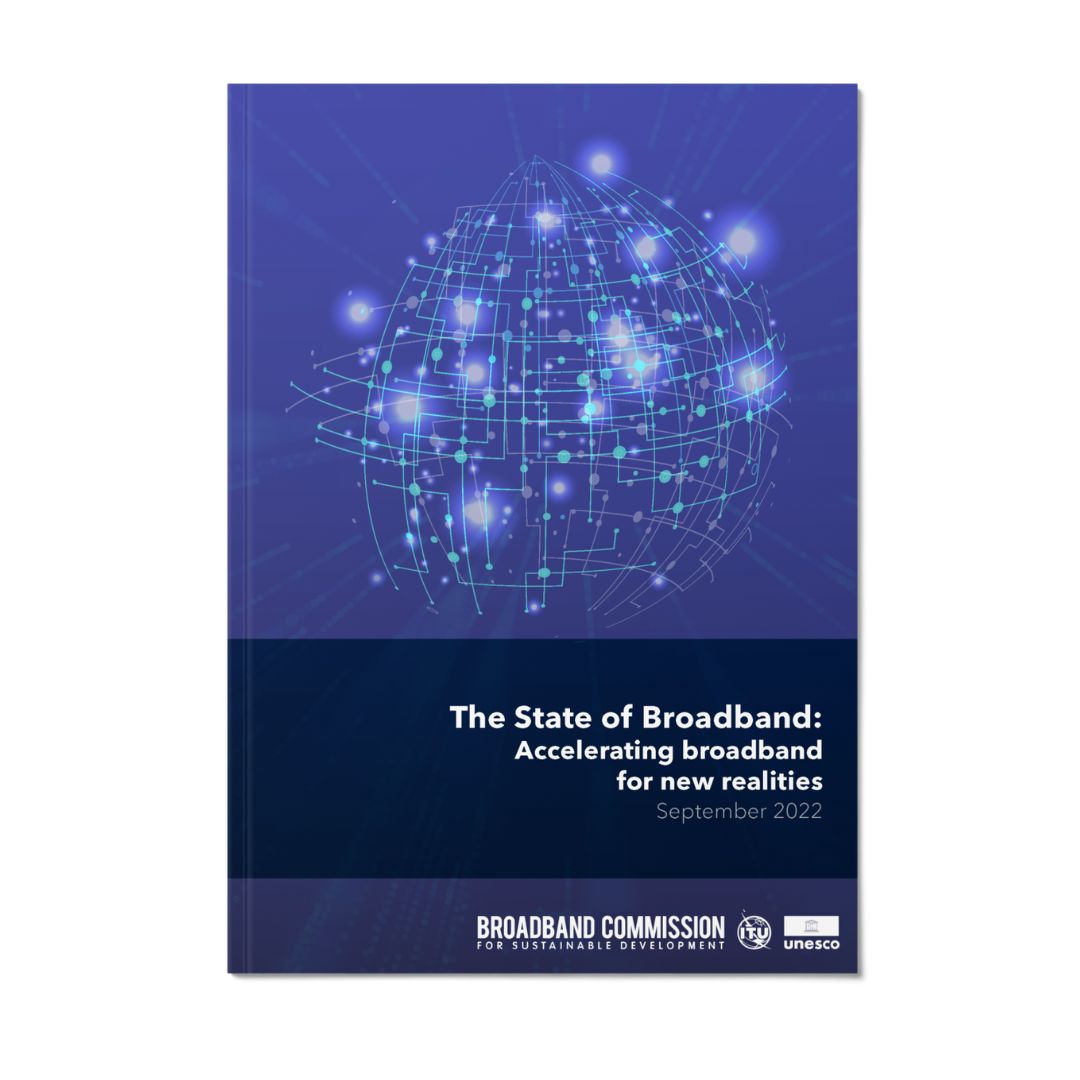The next era of development will be defined by how efficiently countries can leverage the immense power of digital. These technologies will be central to driving progress across the Sustainable Development Goals (SDGs) from advancing decisive climate action to spurring new efforts to restore our natural world—creating millions of new opportunities and driving forward human development.
In the space of just one year, the United Nations Development Programme (UNDP) assisted 82 countries to adopt over 580 digital solutions in response to the COVID-19 pandemic— everything from leveraging digital finance to facilitate vital cash transfers to millions of people unable to leave their homes during lockdowns to helping parliaments to hold virtual sessions, boosting accountability. The challenge now is to sustain this new momentum generated by the COVID-19 pandemic by fully bridging the digital divide and ensuring that all people can benefit from access to responsible and safe digital services. To this end, UNDP has identified three key trends through its support to some 35 developing countries on their digital transformation journey to date.
-
First—historically, fragmented, and uncoordinated efforts in the digital space have often led to duplication of resources, wasted time, and high costs. To build inclusive digital ecosystems, there is a need for all actors to have their say, including government leaders, the private sector, civil society, digital innovators, women, and young people. This comprehensive approach is notably being advanced by developing countries such as Mauritania, Dominica, and Moldova.
-
Second—it takes concerted efforts to ensure that digital transformations boost inclusion at a time when 2.7 billion people remain offline. Indeed, digital technologies could exacerbate existing inequalities if countries are left behind in the uptake of frontier technologies such as blockchain and artificial intelligence. Therefore, digital inclusion, founded upon human rights principles, must be embedded into the design of digital infrastructure, and services. In this respect, the work of the Broadband Commission to expand access to affordable Internet across the world is more critical than ever. Other initiatives such as the Joint Facility for Global Digital Capacity, led by the International Telecommunication Union and UNDP, and Partner2Connect, a multistakeholder platform led by ITU to foster meaningful connectivity, are critical to promote digital inclusion.
-
Third—digital public infrastructure, supported by robust governance frameworks will be vital to help countries to be better prepared for the next crisis. That includes digital systems that enable social protection payments and new e-services—including everything from making it simpler to establish a new business to enhancing access to justice. In this respect, more efforts are needed to advance the use of digital public goods. Together with members of the Digital Public Goods Alliance, UNDP is advocating for new standards to unlock the reusability and interoperability of digital public goods like open-source software and open data sets. This will help countries to build safe, trusted, and inclusive digital public infrastructure at scale and close the digital divide by making digital solutions available faster and at lower cost.
Guided by the clear vision set out in the UN Secretary-General’s Roadmap for Digital Cooperation, the United Nations and its many partners are working together to ensure that digital technologies advance progress across the SDGs—serving as our high-speed connection to a sustainable, inclusive, and climate-resilient future for all.


